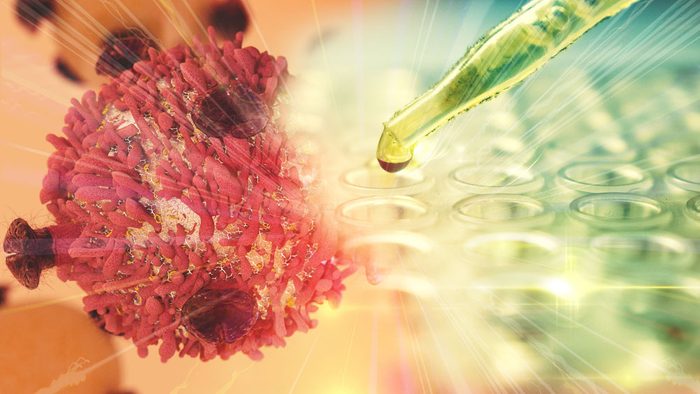
1. We haven’t made any progress fighting cancer
This is one of the biggest cancer myths. In June, a report from the Canadian Cancer Society revealed that one in four Canadians will die from cancer. But while that number sounds terrifying, in 2017, “More than half of all people survive their cancer diagnosis,” points out Dr. Robert Nuttall, the organization’s Assistant Director of Health Policy and a co-author of the report, “70 years it was 25 per cent.”
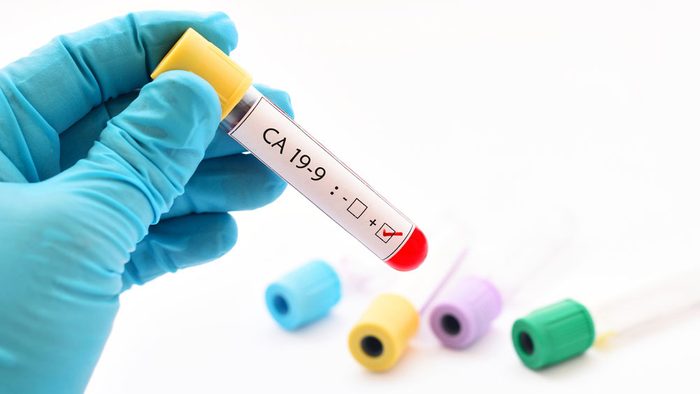
2. Cancer is a modern disease
There’s nothing new about the existence of cancer; signs of malignant tumours have even been found in Egyptian mummies. What is different is that our increasing lifespans mean that more of us are likely to experience cancer – nearly one in two Canadians will develop the disease in their lifetimes. “Cancer is, for the most part, a disease of aging,” explains Nuttall, “About 90 per cent of all cancers occur in people 50 and over.”

3. Whether or not you get cancer completely depends on your genes
So that you will only get cancer if a close family member does is one of those popular cancer myths. While there are over 100 different types of cancer, only about five per cent of them are the result of purely hereditary factors, says Nuttall. These include certain kinds of breast, colorectal, prostrate and ovarian cancers. The rest are caused by aging, lifestyle choices such as smoking and factors we don’t yet understand.

4. Bras cause breast cancer
We’ve all seen the rather detailed Facebook memes about how we should be tossing our bras aside for the sake of our health. Nuttall is also familiar with them and this popular cancer myth, and he found that they generally don’t make sense when compared to how and where breast cancer develops. As well, there is no research that backs up this idea, “Bra wearing habits don’t play a role in the risk of breast cancer,” he says.

5. Sunscreen triggers more cancers than it prevents
We need to stop with cancer myths like this one. Certain ingredients found in many chemical sunscreens have come under fire lately as being possible carcinogens. But, explains Nutall, while some research has shown that high doses of these chemicals can be damaging under very specific conditions, these results haven’t been reproducible when actual sunscreen formulas are tested and there is no evidence that using them causes cancer. “We know for sure that the sun is by far the biggest cause of skin cancer,” he says, “Sunscreen, when applied properly, is an effective strategy at blocking your skin from harmful UV.”
Check out 8 Bad Excuses to Not Wear Sunscreen.

6. Cell phones give you brain cancer
While cell phone use is soaring, “Brain cancer rates are actually not going up,” points out Nuttall. While there is some research that links heavy cell phone usage to brain cancer cases, he cautions about drawing any conclusions, particularly since much of this research depends on people’s recollections, “People who have cancer maybe overplay cell phone usage while people who don’t have cancer downplay it.”
Also, did you know? Maria Menounos Is Recovering From Brain Surgery.
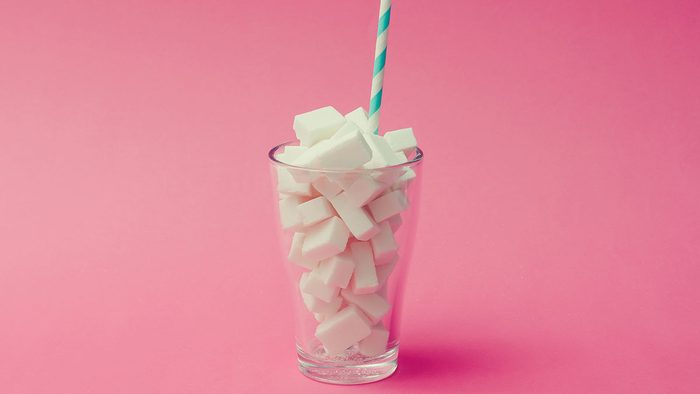
7. Sugar feeds cancer
All of a body’s cells, including cancer ones, are fueled by glucose, a type of sugar, so technically this myth is true. But sugar, even the refined white stuff, doesn’t cause or accelerate the disease, says Nuttall. The problem with sugar is that too much of it can easily lead to weight gain and, “Being overweight is a risk factor for cancer.”
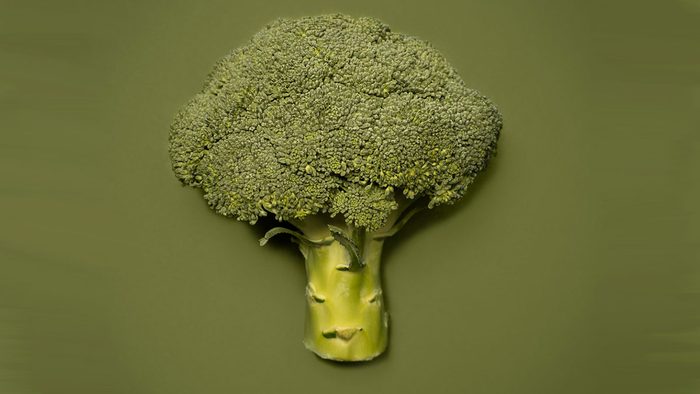
8. The right diet can prevent (or even cure) cancer
Studies about the about the nutritional values of certain superfoods have aggravated this and other popular cancer myths. No specific diet can guarantee that you won’t end up with cancer, explains Nuttall, nor is there any combination of foods that will cure it. However, a poor diet can increase your odds of getting the illness. The Canadian Cancer Society recommends a diet that’s high in fruits and vegetables while being sensible when it comes to salt, sugar and fat.
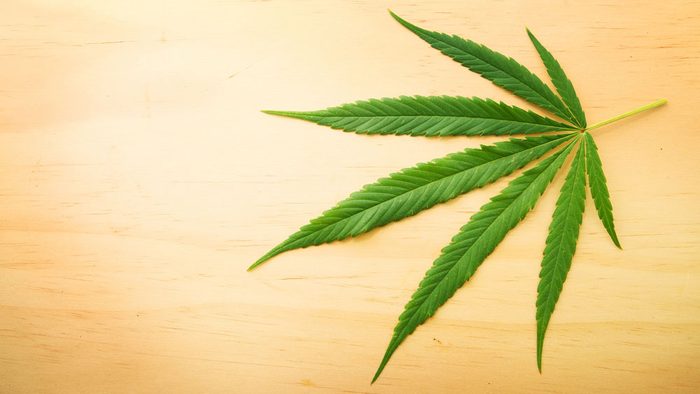
9. Cannabis oil cures cancer
“It is being studied,” says Nuttall but right now there is no reputable research that shows that cannabis oil has any kind of impact on cancer, “All we see are anecdotes online.” To stay on top of the latest developments in the war on cancer, Nuttall recommends visiting Cancer.ca, the official site of the Canadian Cancer Society.
You might find this interesting: Celebrities and Weed: Which Celebs Smoke Pot For Medical Reasons?
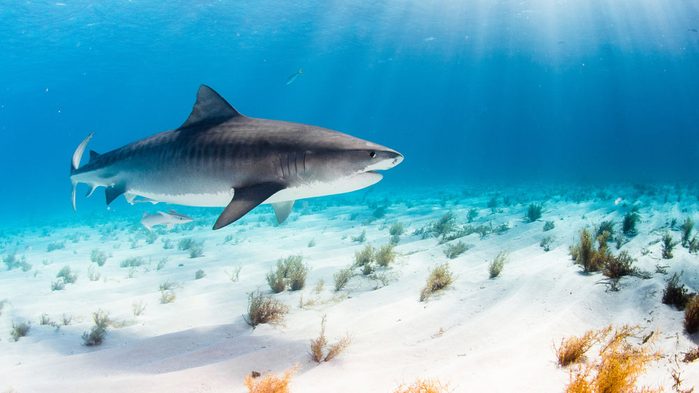
10. Sharks don’t get cancer
This is myth has its origins in the 1992 bestselling book, Sharks Don’t Get Cancer, which claimed that eating shark cartilage is an effective cancer treatment. However, there is no evidence to support that idea and the fact that sharks do get cancer has been well established.
Speaking of animals and cancer, have you read this: Yes, Dogs Really Can Smell Cancer
